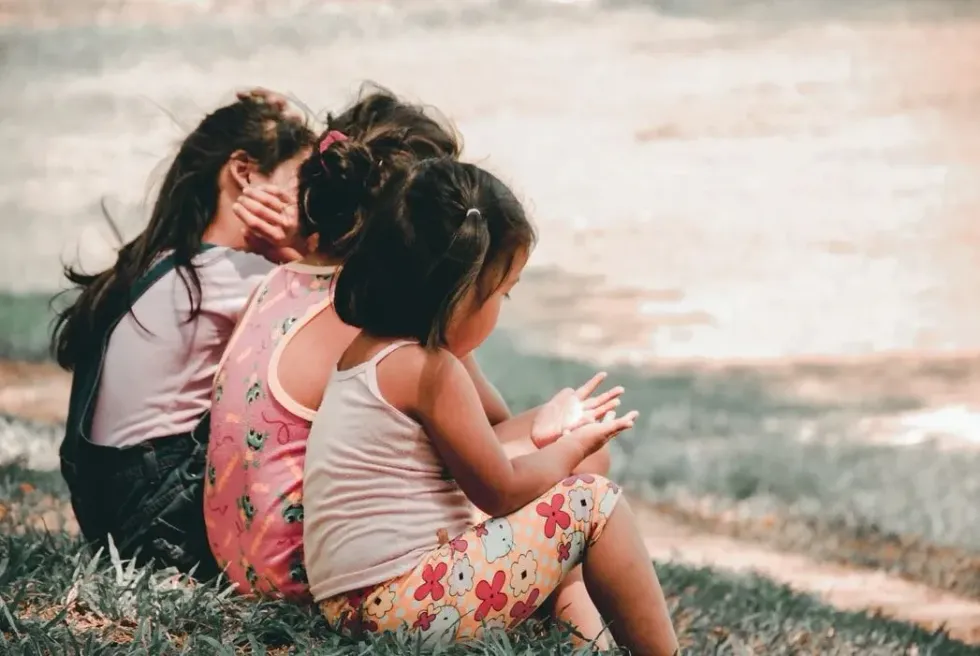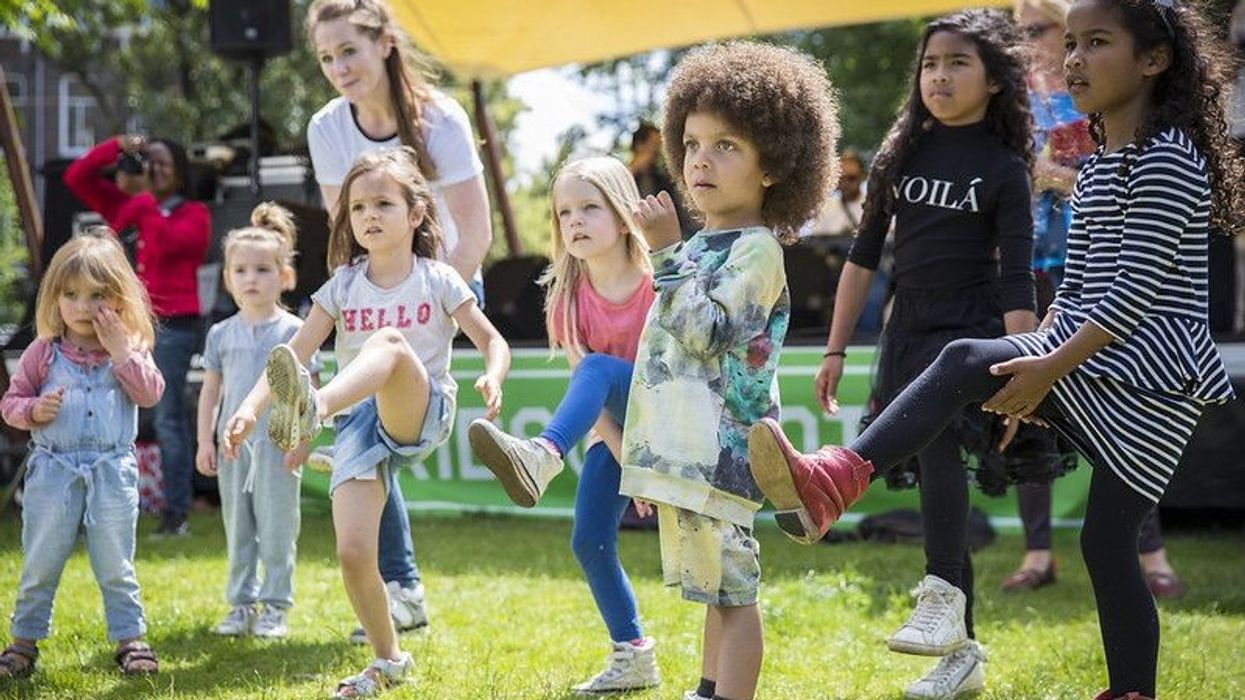There are consequences in every aspect of our adult life.
We go to work to earn a paycheck, and if we don’t turn up, we know there will be a negative consequence. Children are not exempt, and you can help them understand the consequences.
Your children are still navigating their way through life; they are bound to test boundaries and make mistakes. It’s part of the world of parenting to teach your child the “your actions have consequences” concept, whether that’s negative or positive behavioral consequences.
You can show them that doing homework or helping with chores will result in something positive. Meanwhile, other undesirable behaviors, such as hitting a sibling, will result in a negative consequence.
We know raising kids can be challenging. That’s why we have prepared various informative parenting articles such as what to do if you have a [teen shoplifter] on your hands or a guide to different types of behavior for you to have a look through.
When it comes to your children’s consequences, ensure it’s a joint decision with you and other caregivers, and consider our pointers outlined below to help you get started.
What Are The Main Types Of Consequences For Children That Are Misbehaving?
There are many types of discipline which help children learn self-control and responsibility for their own actions. Discuss with your partner, family, and other caregivers what consequences and discipline would be appropriate, and ones which you can agree on implementing consistently.
Research has shown that there are four main types of consequences of behavior. These are positive reinforcement, negative reinforcement, positive punishment, and negative punishment.
Any consequence must be consistent to be effective; else, you risk sending out mixed messages. Parents can often become confused with negative and positive consequences for their child or children.
One easy way to remember the difference is that positive behavioral consequences focus more on proactive steps, and negative consequences are generally more reactive.
While it’s a good idea to give positive consequences and reinforcement for the behaviors you want to see your children, you may have to resort to dishing out some negative consequences from time to time, whether that’s reducing TV time or a time out.
It’s important as a parent that you implement both consequences when necessary. Using just one method is unlikely to be effective.
Teaching Children That Actions Have Consequences
We know you might feel like the meanest parent ever dishing out a bad consequence, but ultimately you are helping your children learn how to control themselves and make the right decisions for their future. Try and remind yourself this if you are feeling guilty and remember that you are working hard to develop fair consequences.
The type of consequences your family chooses to use will also depend on the age of your child.
We must also remember there are natural consequences to some forms of bad behavior.
For example, if your child doesn't bring home an important school book, they will learn themselves they have to work extra hard to catch up. All of these experiences and negative consequences, whilst unpleasant for the child at the time, will be teaching them an important lesson: that actions have consequences.
Whatever consequences you choose, it’s important to know when to pick your battles and stand your ground. Try to master the firm but kind approach.
You can give a consequence and see a change in their behavior without flying off the handle. This is made easier by making sure you think beforehand about what behavioral consequences to give.
Irrational consequences can harm your relationship with your child, and you may end up regretting an overly stern consequence. Make sure you have a sleeve full of 'go to' consequences, so that you are prepared if an unexpected situation arises.
It might help if you prepare a list of consequences for bad behavior. You can even share this with your child, which helps deflect any opposition once you give any consequence, as a rule, is there on paper.
Negative Consequences
When using negative consequences, make sure that the consequences you go for will deter your child’s bad behavior. For example, taking away a toy isn’t going to work if their sister has the same one that they can go and take.
Equally, a child that doesn’t care about playing on a tablet won’t be bothered if you take it away. Therefore, a consequence that works for one child, won't necessarily be as effective for another.
It’s also essential to remember not to reward negative behavior, as a failure to implement effective consequences can cause problematic behavior to escalate. Here are some top tips for implementing negative consequences and some examples of negative consequences.

Avoid Yelling
Unfortunately, there are many psychological effects of yelling at a child. Research indicates children who are shouted at more frequently grow up to be more aggressive than their counterparts.
What’s more, children mirror adults, and in the long run, they are more likely to end up yelling back at you. We know from research that yelling also contributes to anxiety and low self-esteem in children and increase the likelihood of bullying behavior among peers.
Logical Consequences
You may have heard the term logical consequences before. It is one of three main types of consequences (logical, natural, and problem-solving).
These are fair consequences and involve your child understanding what they have done to earn the given measure. One example could be if your child’s carelessness has caused them to break a favorite toy. A logical consequence means they would have to save their allowance until they can rebuy it.
Ignoring Them
At times withdrawing your attention and communication may be the best negative consequence for deterring attention-seeking behaviors. For example, if your child is throwing a tantrum, make sure they are safe and then remove yourself from the situation. You can pretend to ignore them and do not respond verbally.
Time Out
Whatever time out system you and your family agree upon, sometimes it may be the only discipline option for your child. Sending your child to time out may prevent them from repeating the behavior, it allows them to digest the situation and what they may have said or done.
Added Chores Or Duties
Another practical consequence for your child is assigning an extra chore or duty. If your child usually washes the dishes, the consequence could be that tonight they have to dry and put them away as well. This also supports your child with learning about responsibility as they grow older.
A Negative Scenario
If you are in a situation where your children are arguing over a toy, there are several types of consequences that you can implement, a simple one is taking away the toy in question. This gives your child time to think and change their behavior.
Try to teach rules to your child for such a scenario.
You could also separate the children until they can show that they are able to play nicely. Another option is to help them find another game or toy to play with, as this enables the focus to shift to working together rather than arguing.
Positive Consequences
Children need to learn that there will be consequences for making good choices and not just bad ones. Offering the chance for your child to earn rewards is an excellent example of positive consequences. There are three main types of positive consequences.

Positive Attention
Communication is important. Try to talk to your child positively, play with them and give them the one-on-one time that they are seeking from you. Acknowledge your child and motivate them to keep up the great work they are doing.
Praise
This doesn’t mean always telling your child how great they are, but sentences such as “I really like the way you are tidying your books today”, and “you have been very kind to your sister today” are all forms of praise.
Tangible Rewards
Token economy systems can be a brilliant way to reinforce and learn good behavior. Offering small rewards like happy face stickers or stars will help your child develop and change the internal motivation required to do it independently.
It might not sound appropriate for an older child or teen, but one idea is to set a list of realistic goals, and when three goals are achieved, they can receive their reward.
Think about social consequences for your older child. It could be that you want them to come home by a specific time on three nights out of five, and doing so means that they will get to use your car for social reasons the following day.
For a four-year-old, keep it very visual with a token board with five stars or stickers to collect.
The younger the child, the more important it is to try not to drag out the collecting process as it may become too abstract for them to comprehend.
For example, for every three minutes of “no throwing”, they could get a token, and once they reach five tokens, they get the reward, and you have helped reshape a negative behavior.
Of course, you can offer more significant rewards to your child, like an outing in the near future with your family, or something they have wished for a long time.
If you found this article helpful, then why not take a look at our guide to different [types of punishment] or the [value of discipline]?










